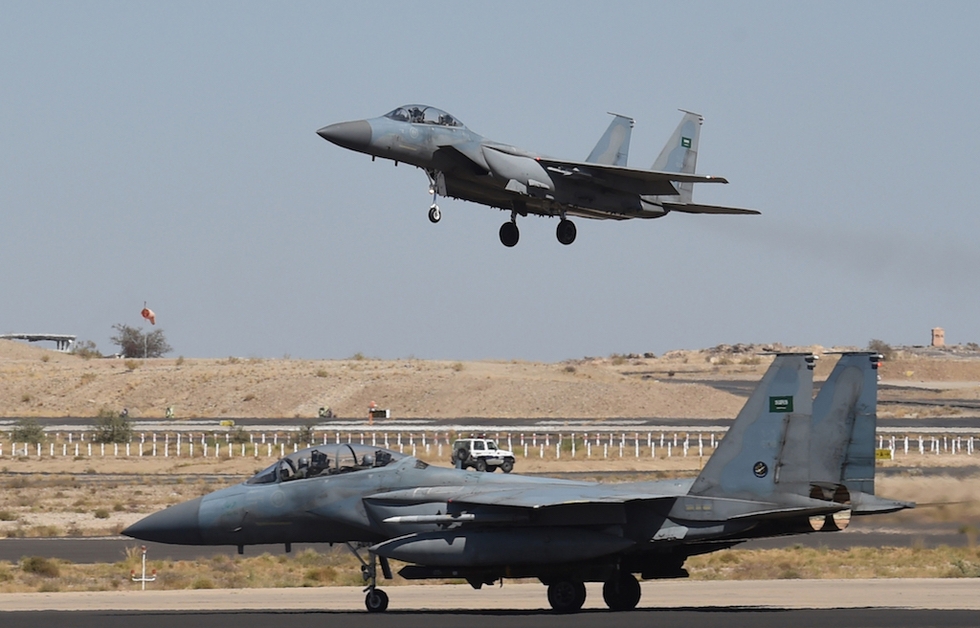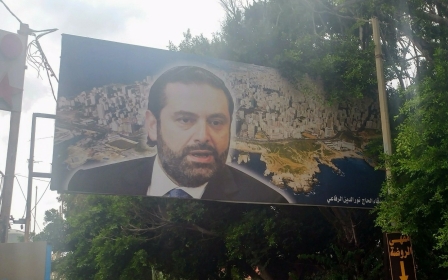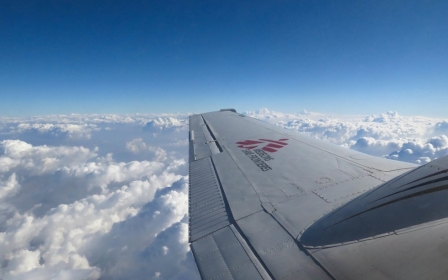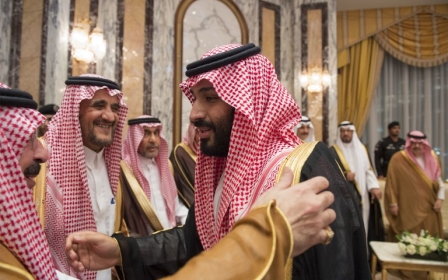Al-Yamamah deal being re-examined after Saudi prince's arrest

There is likely to be new scrutiny into the controversial Al-Yamamah arms deal with Saudi Arabia, the largest ever conducted by the UK, after one of the leading architects of the deal was arrested as part of the Kingdom's alleged corruption crackdown.
Prince Turki bin Nasser was among the hundreds of princes and businessmen arrested this week at the direction of Saudi Arabia's crown prince Mohammed bin Salman in what critics have seen as a major power grab.
Turki bin Nasser was central to the $56bn deal with the UK which, due to numerous irregularities and allegations of corruption, sparked an investigation in 2004 which was later shut down by then prime minister Tony Blair in 2006 after pressure from the Saudis.
Over the course of the 1980s, Margaret Thatcher's government supported the sale of huge quantities of military equipment to Saudi Arabia. But the sales were highly controversial, with stories of middlemen such as Turki bin Nasser, having their palms greased.
An anonymous source told the Times newspaper on Saturday that with the arrest of Turki bin Nasser, the case was being re-examined.
"It is accumulation of many corruption cases dealt with in one night," the source told the newspaper, referring to the Saudi purges.
"Some are known but have been ignored for years, like the al-Yamamah scandal, and Prince Turki bin Nasser."
Opposition politicians expressed their support for the reopening of the investigation and for the involvement of the UK's Serious Fraud Office (SFO).
"I hope the SFO will offer its full co-operation with any new investigation and I would urge them to become involved," said Labour MP Ann Clwyd, who has pursued the case since the 1990s.
"We have been waiting for many years for someone to finally lift the lid on this."
The ramifications of the Saudi purges are only gradually being revealed as news of new arrests comes daily.
Middle East Eye has revealed that some senior figures detained in last Saturday's purge were beaten and tortured so badly during their arrest or subsequent interrogations that they required hospital treatment.
People inside the royal court also told MEE that the scale of the crackdown is much bigger than Saudi authorities have admitted, with more than 500 people detained and double that number questioned.
Some, but not all, of the top figures arrested were singled out for the most brutal treatment, suffering wounds to the body sustained by classic torture methods. There are no wounds to their faces, so they will show no physical signs of their ordeal when they next appear in public.
Some detainees were tortured to reveal details of their bank accounts. MEE is unable to report specific details about the abuse they suffered in order to protect the anonymity of its sources.
New MEE newsletter: Jerusalem Dispatch
Sign up to get the latest insights and analysis on Israel-Palestine, alongside Turkey Unpacked and other MEE newsletters
Middle East Eye delivers independent and unrivalled coverage and analysis of the Middle East, North Africa and beyond. To learn more about republishing this content and the associated fees, please fill out this form. More about MEE can be found here.




